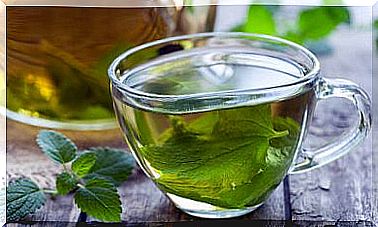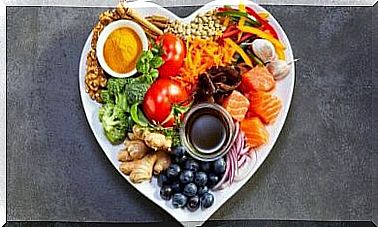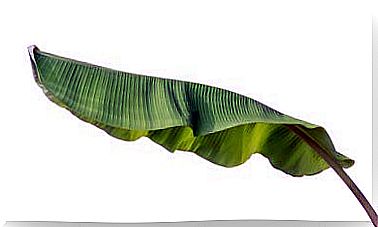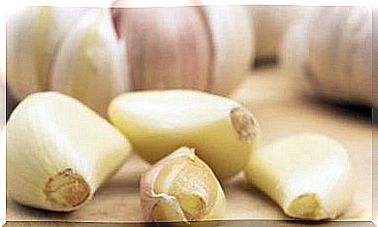4 Vegan Foods Rich In Calories
Discover the foods that you should include in your vegan diet if you want to gain weight. With these recommendations you will be able to increase muscle mass if you exercise regularly. Do not miss them!
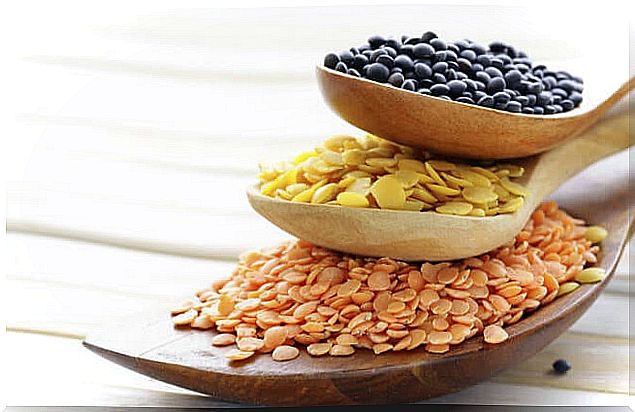
Are you vegan and want to gain weight? Discover the best vegan foods rich in calories that will allow you to increase muscle mass and gain weight!
Eating a vegan diet is common to lose weight. However, you can maintain the ideal weight and even gain a few kilos if you pay special attention to the combination of foods. Let’s see below what are the vegan foods rich in calories that can not be missing in the usual diet.
Vegan high-calorie foods
To gain weight it is essential that you consume vegan foods rich in calories, in this way you will have a lot of energy and you can convert nutrients into muscle mass.
1. Vegetable oils
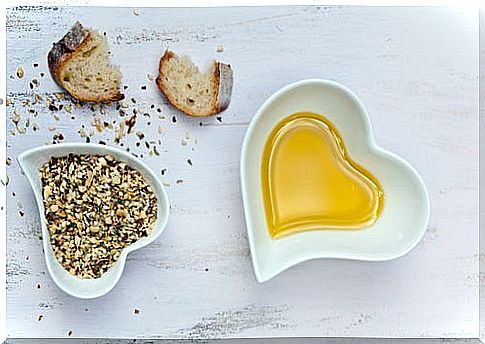
Vegetable oils are the perfect option to add calories to meals. In addition, they provide vitamin E and unsaturated fatty acids. Next, let’s see approximately the caloric intake of the main oils:
- Olive: 899 kcal per 100 ml.
- Rapeseed: 884 kca. per 100 ml.
- Coconut: 899 kcal per 100 ml.
- Sunflower: 899 kcal per 100 ml.
It has been shown that the consumption of unsaturated lipids is closely related to the maintenance of healthy muscle mass, as stated in a study published in Mar Drugs.
The good news is that you can consume them in any of the four daily meals. How? For example, include a splash of vegetable oil in your avocado toast, dress your salad, prepare homemade bread or a pasta with oil and vegetables. You can even add them to your fruit or vegetable smoothies!
2. Nuts
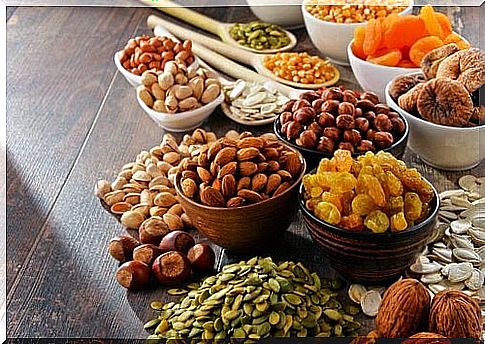
Among the best vegan foods rich in calories we find nuts. They are perfect to satisfy hunger between meals with a healthy snack. You can also include them in salads, soups, mixed dishes, or add them to your yogurt!
These foods are characterized by their high protein content. These nutrients are essential to reduce the risk of developing pathologies related to lean tissue, according to research published in Aging Clinical and Experimental Research.
Walnuts
Walnuts provide 611 kcal for every 100 grams of edible fruit. Their intake is recommended since they are a source of Omega-3 fatty acids, folates, B vitamins, fiber and proteins.
It is worth mentioning that its proteins are deficient in methionine, an essential amino acid. For this reason, it is recommended to combine them with cereals, for example by baking a cereal bread, to obtain a protein similar to that of animal. On the other hand, they provide iron, potassium, selenium, magnesium, phosphorus and zinc.
Hazelnuts
Its caloric intake is 587 kcal per 100 grams. They are rich in oleic acid, vitamin E, folates, vitamin B6, and minerals such as iron, magnesium, calcium, and potassium. They stand out for their good quality protein and their contribution of the amino acid L-arginine.
Macadamia nuts
Macamia nuts are very fashionable today. They are very nutritious and rich in calcium, iron, phosphorus and vitamin B. Their caloric intake is 602 kcal per 100 grams. Their high fat content makes them a good option to prepare vegan mayonnaise, for example, beyond its consumption as a snack or in salads.
Pistachios
They provide 551 kcal per 100 grams and are used mainly to prepare sweet dishes, such as ice cream, cakes and other pastry delicacies, although you can also incorporate them into a pasta sauce, for example.
Cashew nuts
These nuts are rich in magnesium and vitamins of group B (B1 and B2), in addition to proteins and trace elements. They provide 570 kcal per 100 grams.
3. Cereals
Cereals are one of the pillars of a balanced diet. Along with vegetables and fruits, they should be consumed daily. Among them, wheat, rice, corn, rye, oats, barley and millet stand out.
The caloric intake of cereals is more or less similar, since they are mainly composed of carbohydrates. The starch found inside the seeds is responsible for providing us with energy.
On average, they have between 7 and 15% protein. For better absorption, we recommend consuming these cereals with legumes. In this way, you can achieve a protein similar to the animal. They also provide B vitamins, potassium, iron, calcium and zinc, among other minerals.
4. Legumes
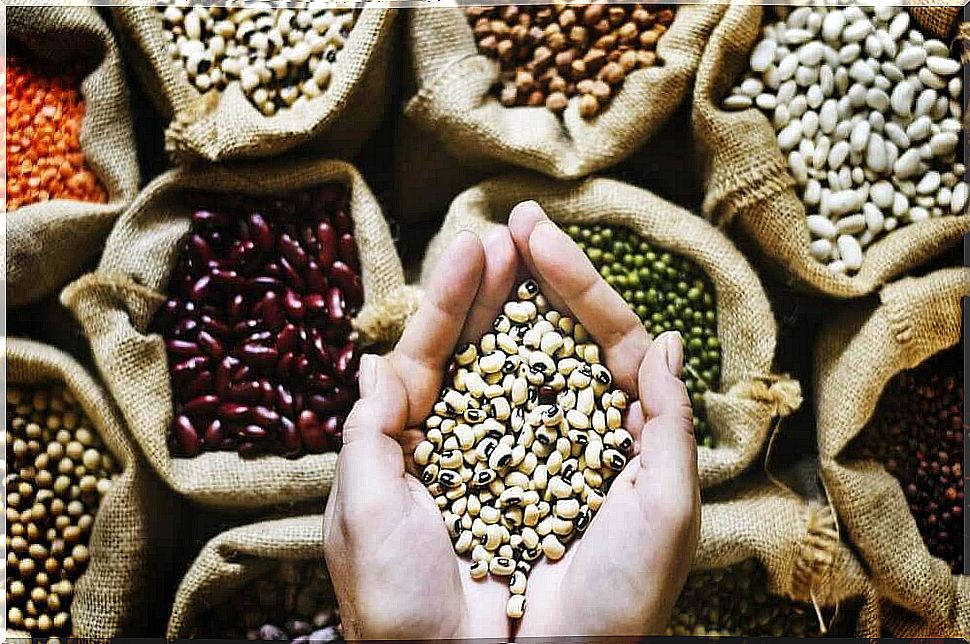
Legumes have a great nutritional value, providing approximately 350 kcal per 100 grams of raw food. When cooked, its caloric intake, depending on the kind of legume and the way it is cooked, may vary.
They are the main source of proteins of vegetable origin, reaching between 19 and 36% of good quality proteins. They are rich in carbohydrates, mainly starch, and also in fiber, polyunsaturated fatty acids, minerals (potassium, phosphorus, zinc, iron and magnesium), vitamins (B1, B3 and B6) and folates.
Remember that fiber consumption has been shown to reduce the risk of developing intestinal pathologies. It is necessary to ensure your daily contribution. A good way to do this is by consuming legumes.
Include high-calorie vegan foods
Feel free to incorporate these high-calorie vegan foods into your diet and engage in regular physical exercise if you are looking to gain weight. Remember to consult a professional to help you organize your diet in such a way that no nutrient is lacking.
